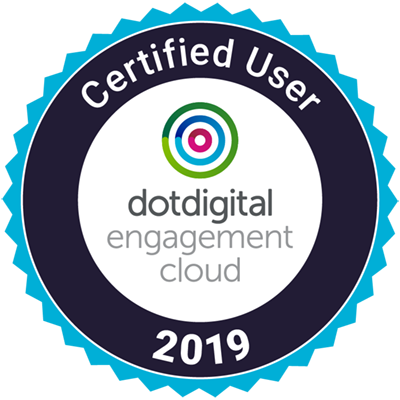As an official Magento Solution Partner, we attended the partner summit yesterday to catch up with senior Magento management and hear more about Magento and its strategy.
Magento as a company is expanding rapidly, growing from 45 staff to 300 in recent times. Now, it’s an important part of the Ebay universe. Ebay is promoting its X.commerce strategy (http://x.com), which embraces Ebay platforms including Paypal and BillMeLater as well as GSI-Commerce, the high-end end-to-end e-commerce services company acquired in recent days for ca. $3bn. GSI handles $1bn+ online retailers.
Ebay made its original investment in Magento one year ago and the acquisition rounds out Ebay’s e-broader commerce agenda, with e-commerce products and services now for everyone from the smallest to the very big. X-commerce is all about an “open platform for e-commerce” of the future, an e-commerce operating system (according to one Magento senior manager).
Magento as an e-commerce platform is being adopted in its commercial, licensed forms at the rate of about 100 accounts per month – our analysis suggests this translates into 8-10 per month in the UK. The company suggested that figure eclipsed its competitor’s annual new business intake – a measure of its popularity. 92% of its sales are coming from Magento Enterprise, which is routinely winning in competitive sales situations against the “big” platforms such as ATG, Websphere and Demandware – the largest Magento Enterprise websites are handling hundreds of millions of $s online. We were pleased to hear that the UK was the biggest European market for Magento, closely followed by France and Germany. The company felt that Germany would overtake the others as e-commerce became more established. EMEA (Europe, Middle East and Asia) accounts for 40% of Magento’s business. Magento’s website gets over 300,000 visitors per month.
The platform is receiving a lot of R&D and constant improvements are being made – especially to the Enterprise versions. Release 1.10 has just been made available and 1.11 will follow shortly, before Magento 2 goes into beta testing.
Magento is investing heavily in its partner programme. We met senior managers responsible for worldwide partners, Europe as well as the new country manager for the UK. It has a dedicated European support team (although like many US suppliers, blurs country borders as if they were states). It has 18 developers in support working behind 15 technical support analysts and its team worldwide deals with 10-15 issues per day. As a partner, we have access to expert support in both pre- and post-sales situations and Magento is working on lots of documentation, training and additional support materials to help us and clients.
Screen Pages has a delivered many Magento Community Edition websites (at well over 20 perhaps more than anyone else in the UK), so it was encouraging to hear that the open source version remained “fundamental” to its plans. Having said that, we are impressed by the power and performance of Magento Enterprise and we can see important economic and marketing advantages to this version for ambitious online retailers. We are working internally and with the Magento partners team to deploy Magento Enterprise to our joint customers.


